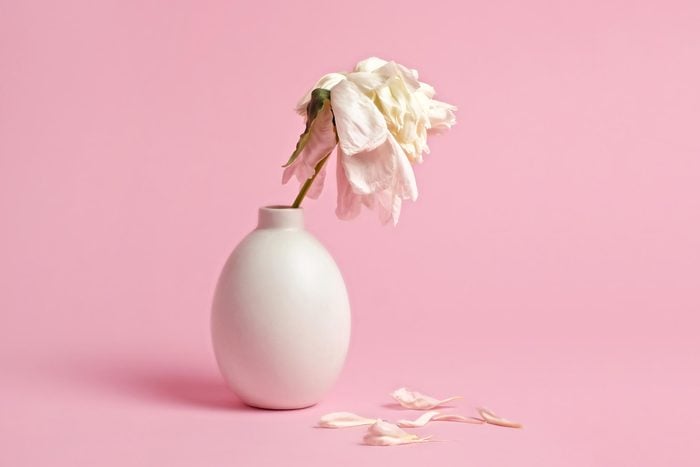
Soreness, burning, and itchiness “down there.” Pain or even bleeding during sex. A constant urge to pee: these are all tell-tale signs that you’re experiencing what some women refer to as a “dry vagina” in their online searches about the remarkably pervasive problem.
Population studies published in the EPMA Journal show that vaginal dryness is very common among menopausal women, with more than half reporting symptoms. But the condition can occur at any age, and reports suggest less than half of women discuss their vaginal dryness with their doctor. In fact, according to The North American Menopause Society (NAMS), just 4% of women with symptoms get treatment for vaginal dryness. But before you get a prescription, there are certain natural remedies for vaginal dryness women’s doctors suggest can make a noticeable difference.
How’s Your Sexual Hygiene? A Doctor Says This Habit Is a Must (for Singles, Too)
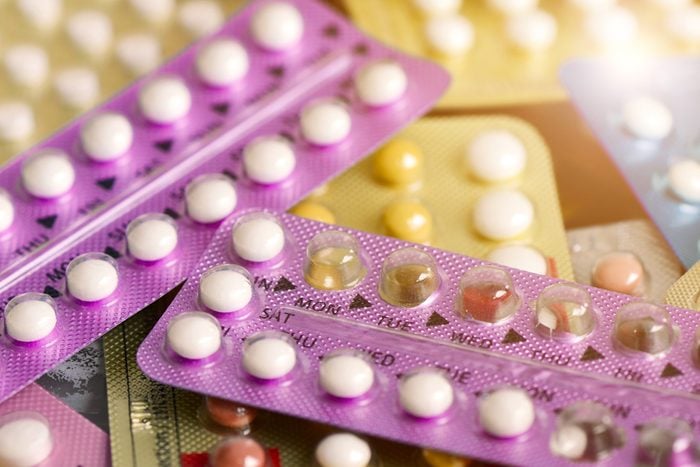
What causes vaginal dryness?
The main causes of vaginal dryness can generally be broken down by age group, says Jill Hechtman, MD, board-certified OBGYN at OB Hospitalists of Florida, part of Pediatrix Medical Group. In teenagers, the most common reason for vaginal dryness is an infection, she says. “Certain bath soaps and bubble baths can add to the problem.”
As for pre-menopausal women in their twenties, thirties, and forties, infections like yeast infections or bacterial vaginosis are common culprits for vaginal dryness, as well. According to the EPMA Journal research, other vaginal dryness causes can include:
- Smoking, as it affects blood flow to your body’s tissues (including your vagina), leading to dryness (here are tips from ex-smokers on how to quit for good)
- Certain medications such as birth control pills, medications for anxiety and depression, and cold and allergy meds (especially antihistamines)
- Dehydration
- Chronic stress or mental health issues
But the most common cause of vaginal dryness is related to hormone shifts, particularly decreasing estrogen levels, says Aldene Zeno, MD, urogynecologist at OB-Gyn & Incontinence Center in Glendale and Arcadia, CA. That’s why “the most common time points for vaginal dryness are in the postpartum period, especially during breastfeeding [and] menopause,” she says. “[Lower estrogen levels] cause vaginal tissue to become thinner and with less blood supply.”
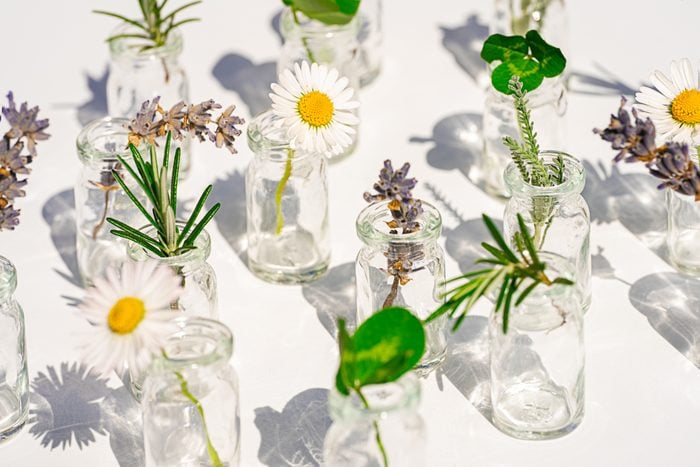
Natural remedies for vaginal dryness
Because hormonal changes often lead to vaginal dryness, medical treatments involving hormone replacement therapy have been shown to be effective in reducing women’s symptoms. But, Dr. Zeno says, the American College of Obstetricians and Gynecologists recommends women first try natural remedies for vaginal dryness before considering options like vaginal estrogen cream or oral medications. (That’s in part because some research has suggested a link between hormone replacement therapies and some female reproductive cancers.)
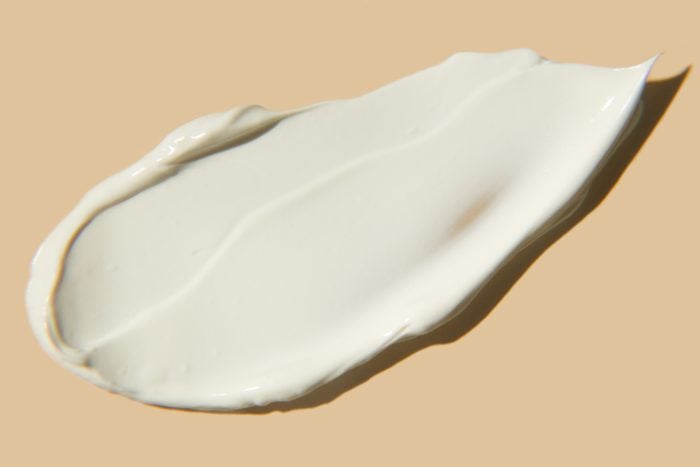
OTC vaginal moisturizers
“There are many non-hormonal vaginal moisturizers on the market,” Dr. Zeno says. These differ from lubricants because “they are used more frequently and specifically for vaginal dryness, as opposed to just during sex.” She adds: “Some people prefer a gel or oil-based product, while others may prefer an ovule or insert. They are often used two to three times a week.”
Dr. Zeno recommends looking at vaginal moisturizers’ product packaging for a few key points: low osmolality (a measure of the strength and concentration of ingredients), a pH of less than 5, and few additives.
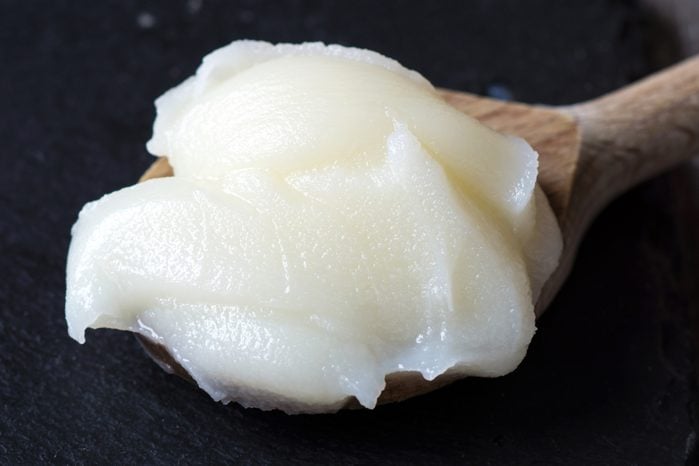
CRISCO
Dr. Hechtman says one of her favorite natural remedies for vaginal dryness is, that’s right, Crisco. “It melts into the skin, does not stain, and feels great.” She says it can be used at all stages of life, prevents infection, and can be used safely for condoms as well.
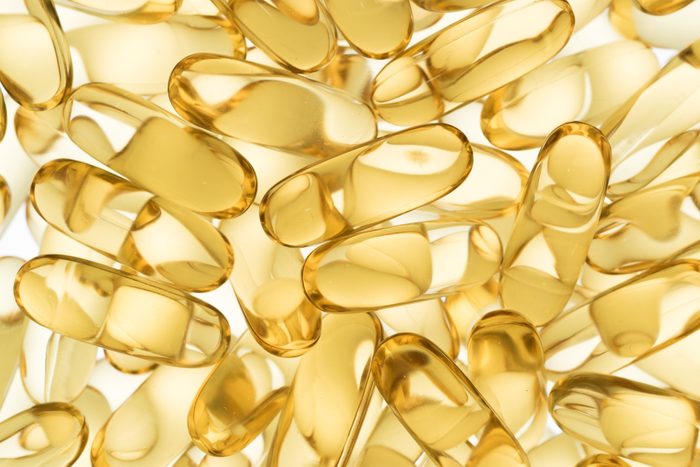
Fish oil
“Omega-3 fatty acids in the form of fish oil has been magic for many of my patients,” says Veronica E. Hayduk, ND, a naturopathic doctor with Second Nature Health, LLC. She says that when taking an oral dose—not topical—many of her patients find relief from vaginal dryness symptoms within a week or so.
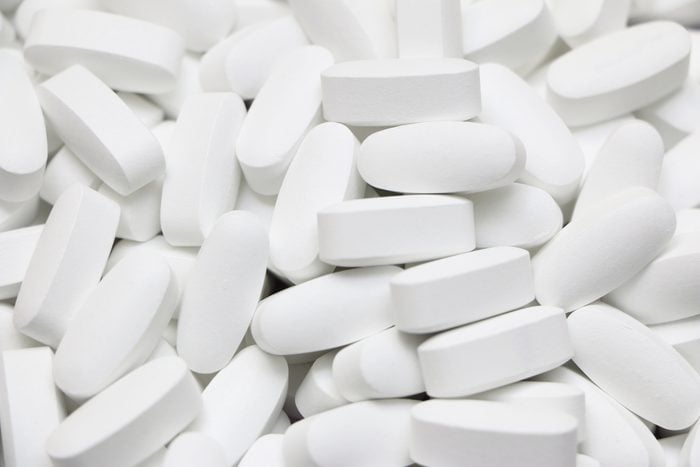
Probiotics
Probiotics help maintain a healthy balance of bacteria in the vagina, which can help reduce dryness and discomfort, says Parmeet Kaur, a pelvic floor physiotherapist at Brentwood Physiotherapy Calgary. Research shows that supplementing with probiotics—particularly those containing the strain Lactobacillus—can help reduce the risk of bacterial vaginosis, a common cause of vaginal dryness.
Additionally, women’s declining estrogen levels during menopause allow for the growth of harmful bacteria in the vagina, and probiotics can help restore a healthy balance. This potentially reduces vaginal dryness and other symptoms of vaginal atrophy.
Culturelle Probiotic: Why It’s the Best, Say Many Shoppers and Nutrition Pros
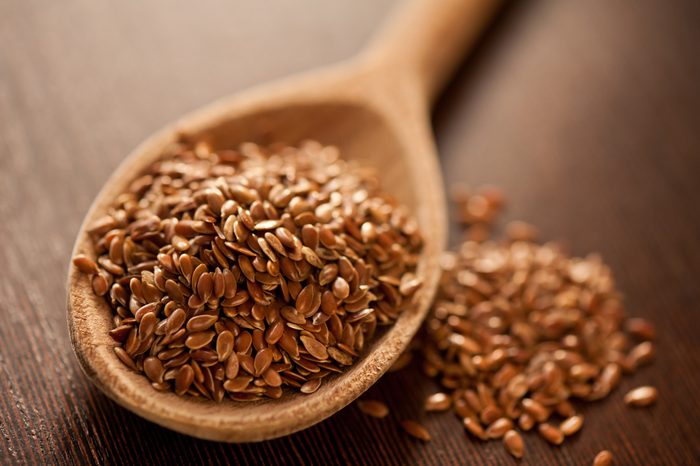
Flaxseeds
Flaxseeds are a rich source of lignan, a nutrient that’s structurally similar to estrogen. While they’ve been used for centuries in folk medicine, a review of research published in the Journal of Midwifery and Reproductive Health found evidence that eating about two tablespoons of flaxseeds per day may reduce symptoms of menopause, like vaginal dryness. The research also suggests flaxseeds can help with PMS symptoms and may have protective effects against breast and ovarian cancers.
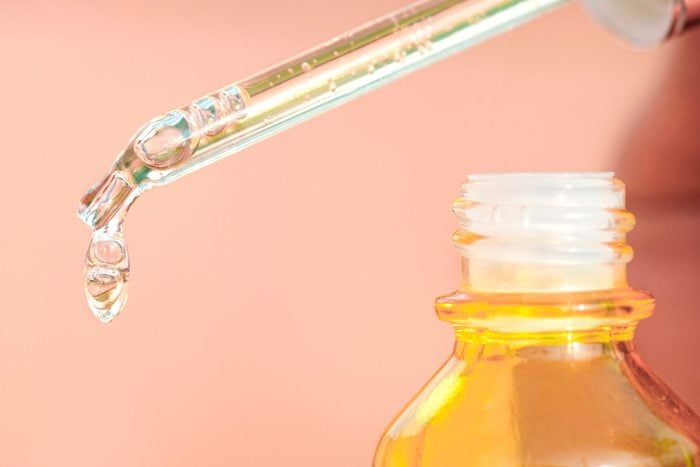
Vitamin E
Vitamin E plays a big role in maintaining your skin health—and research shows it could help keep the skin in your vagina strong and lubricated as you age. A study published in the International Urogynecology Journal found that applying vitamin E directly to the vaginal walls had the same effect as an estrogen-based vaginal cream in relieving symptoms of vaginal atrophy, like dryness.
Get a daily dose of wellness (it’s free!) from The Healthy @Reader’s Digest newsletter. Follow The Healthy on Facebook, Instagram, and Twitter. Keep reading:
